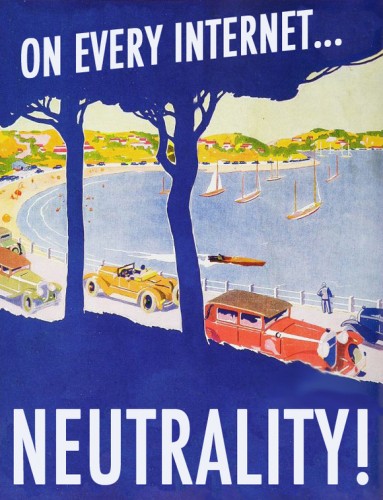
I was scrolling through Tumblr the other morning (like I do) when I came across “the world’s tallest slum.” Located in downtown Caracas, an unfinished 45-story skyscraper that was supposed to host Venezuela’s business elite is now home to an estimated 3,000 squatters. The “Tower of David” (named after finance tycoon that started and abandoned the project) is now owned by the state but there are no government-provided utilities. The building is, in essence, not much more than an immense concrete frame, upon which the residents have begun to build a community. They pool money to pay for building security, there are bodegas on every floor, and water and electricity reach as high as the 22nd floor. This is no small feat of engineering or human organization, but it isn’t comfortable living either. I don’t think it would be romanticizing the living conditions of these people to say that they (and no one else) have made something that is both modest and remarkable for themselves. Abandoned by both private industry and the government, some people pooled their limited resources and made their lives a little more livable. Zulma Bolivar, a Caracas City planning official in an interview with the New York Times described the situation in one sentence: “This tower is a perfect example of anarchy.” more...







